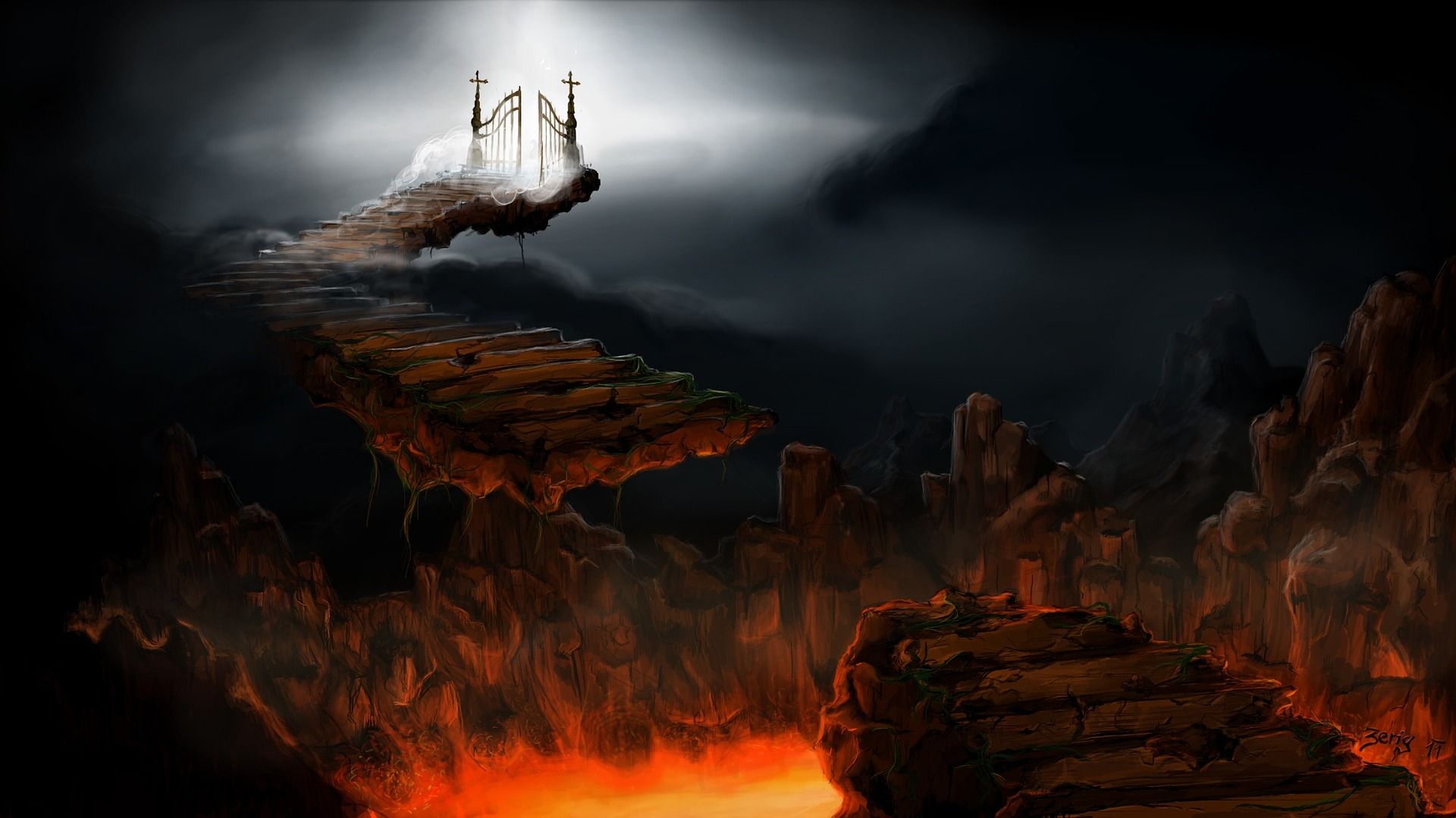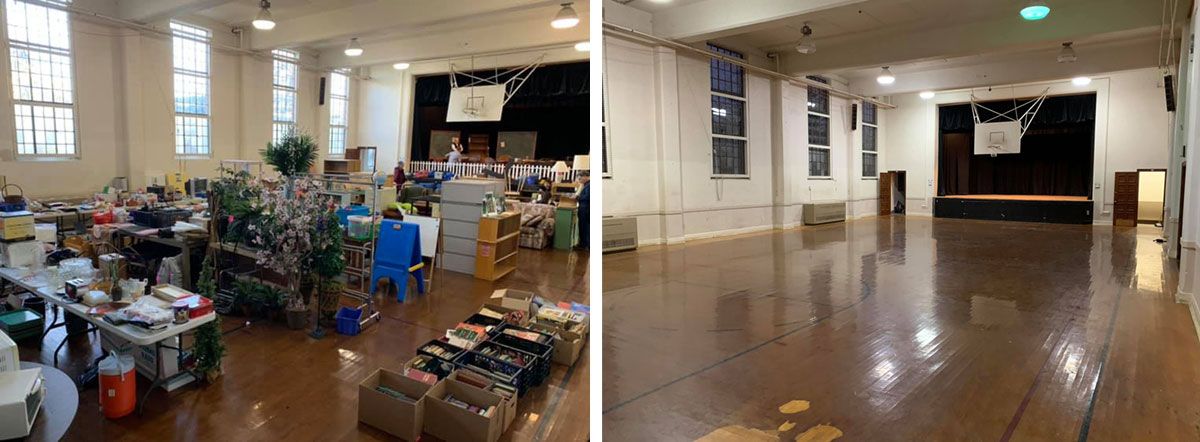Ashes of Sorrow and Resistance
Bishop Elaine Stanovsky offers this lament for a General Conference that caused harm and failed to provide needed space for unity. She also assures members that she has no intention of leading the church backward away from full inclusion.






